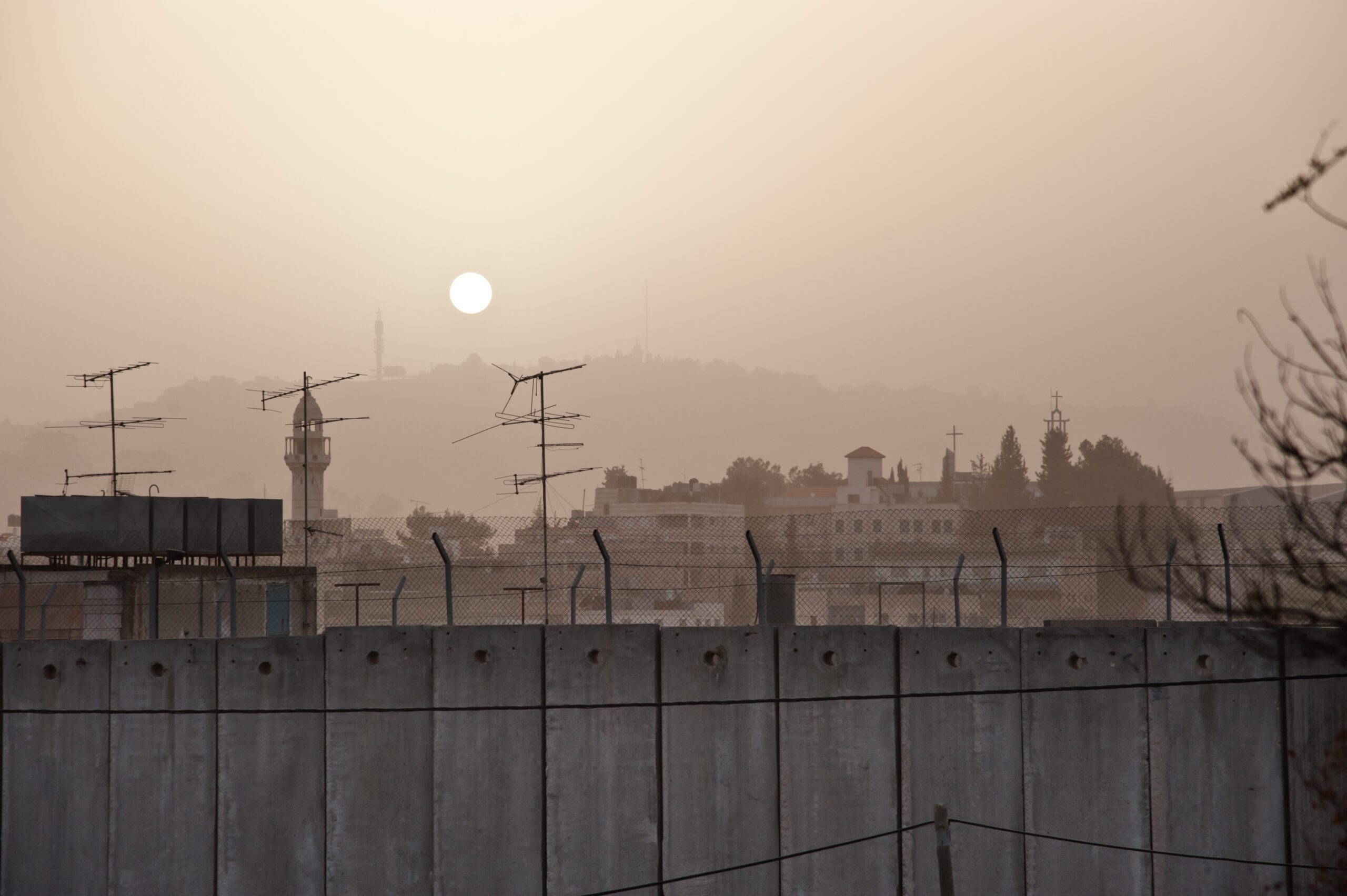
Love your Neighbor
Love your Neighbor
By John S. Munayer
Lecturer and Coordinator of the Journal of Palestinian Christianity
“Love the Lord your God with all your heart and with all your soul and with all your mind and with all your strength. The second is this: ‘Love your neighbor as yourself.’ There is no commandment greater than these” (Mark 12:30-31).
Loving our neighbour is a fundamental aspect of Christian faith and a core value that is shared by many communities around the world. However, in the Palestinian Christian context, this value takes on a particular significance and complexity due to the political and social realities of the region.
For Palestinian Christians, loving their neighbour involves both spiritual and practical dimensions. On a spiritual level, it means treating others with respect, compassion, and kindness, as Jesus taught his disciples. This requires a deep commitment to forgiveness, even in the face of ongoing injustice and violence. Palestinian Christians are called to emulate Jesus, who loved his enemies and prayed for those who persecuted him. This is a difficult task, given the daily challenges they face in their lives, but it is essential to their faith.
On a practical level, loving their neighbour means working for justice and peace in their communities and beyond. Palestinian Christians are active in grassroots movements that seek to challenge the occupation and promote human rights for all Palestinians. They work with Muslims and Jews who share their commitment to nonviolence and seek to build bridges of understanding and cooperation. This involves engaging in advocacy, education, and direct action, and it often requires putting themselves at great personal risk.
The challenges of loving their neighbour in the Palestinian context are significant. Palestinian Christians face multiple forms of oppression, including the ongoing Israeli occupation, which has led to the dispossession and displacement of millions of Palestinians. This has resulted in a deep sense of injustice and trauma that is felt by all members of the community.
Despite these challenges, Palestinian Christians remain committed to loving their neighbour and working for justice and peace. They draw strength from their faith and from the examples of other peacemakers around the world. They also find hope in the resilience and creativity of their communities, which have found ways to survive and resist despite the odds.
Loving thy neighbour is not just a suggestion, but a commandment given by Jesus himself, who also lived under foreign occupation and religious hypocrisy. Therefore, we must too love our neighbours, whether they be Jews, Muslims or part of another ethnic or religious group. This does not mean to allow for injustice to happen to us as Palestinians, but to not seek vengeance and find ways to bless all people of the earth.


